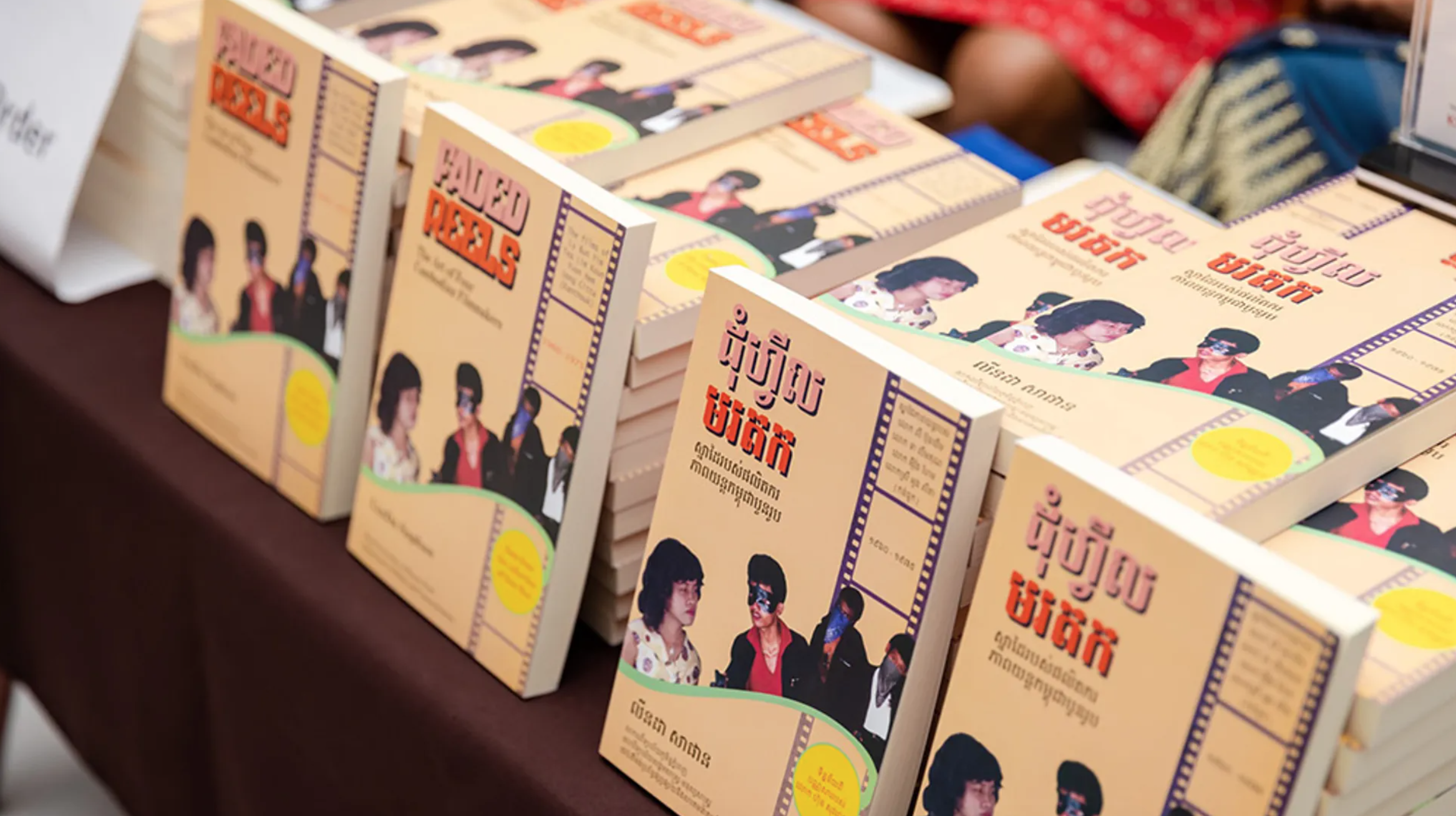
Cambodia’s Film History Revealed in Master Class
BY: PHILLIP KEN
PUBLISHING ASSISTANT & DIGITAL EDITOR
www.prestigeonline.com
Join Dr. LinDa Saphan on a riveting journey through Cambodia’s cinematic past as she unveils the hidden gems of the 1960s–1970s film industry in her captivating masterclass series.
Dr. LinDa Saphan, a leading expert on Cambodian cinema, invites you to join her for a lecture series hosted by the Department of Media and Communication. In this masterclass series, you will explore the rich and diverse history of Cambodian cinema, and discover the stories and achievements of the filmmakers who made it shine during its golden age. Don’t miss this opportunity to immerse yourself in the fascinating world of Cambodian Cinematic Language, from February 15 to May 02, 2024.
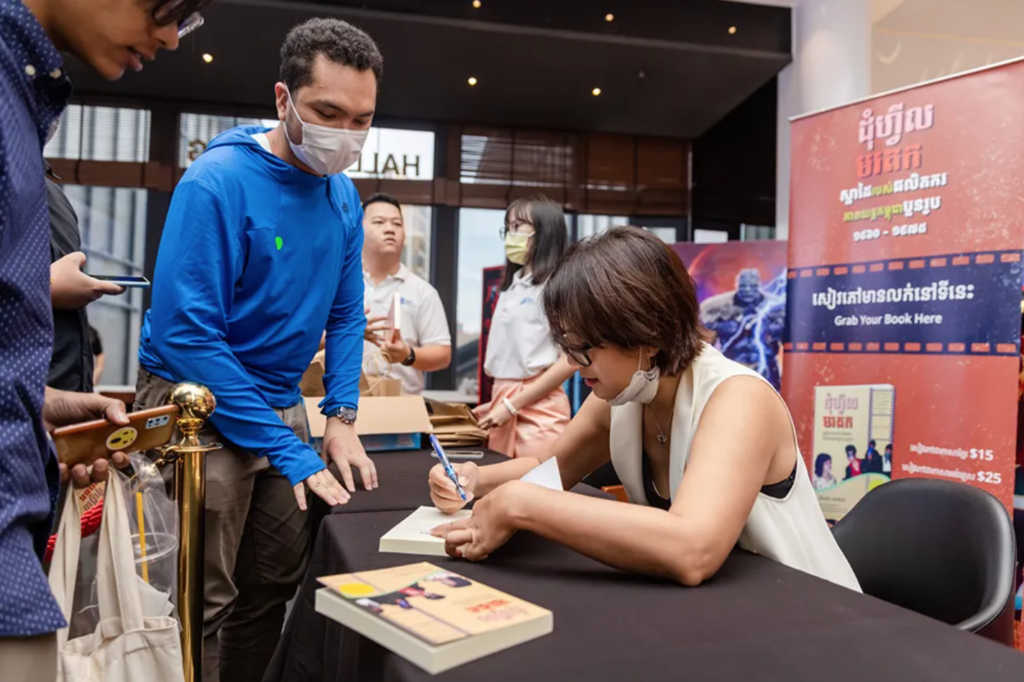
She is a PhD holder in Urban Anthropology from France, an Associate Professor at the University of Mount Saint Vincent, and an expert in sociology and urban anthropology. She is also skilled in qualitative research methods, arts, and filmmaking. Her passion is to explore the hidden treasures of Cambodia’s cinematic history and has been a strong voice for Cambodian cultural studies, shedding light on the lost cinematic cultures when the country was in a period of calamity.
She studied mainly Cambodian popular music, including the documentary film ‘Don’t Think I’ve Forgotten: Cambodia Lost Rock and Roll’, and then turned her attention to cinema, which embraced the success of the Cambodian film industry and how they have encouraged Cambodian fans to watch Cambodian films rather than foreign ones. In her recent book, Faded Reels: The Art of Four Cambodian Filmmakers 1960-1975, provides a detailed account of the lives and legacies of four prominent film directors who contributed to the Cambodian cinematic golden age. These legendary directors are:
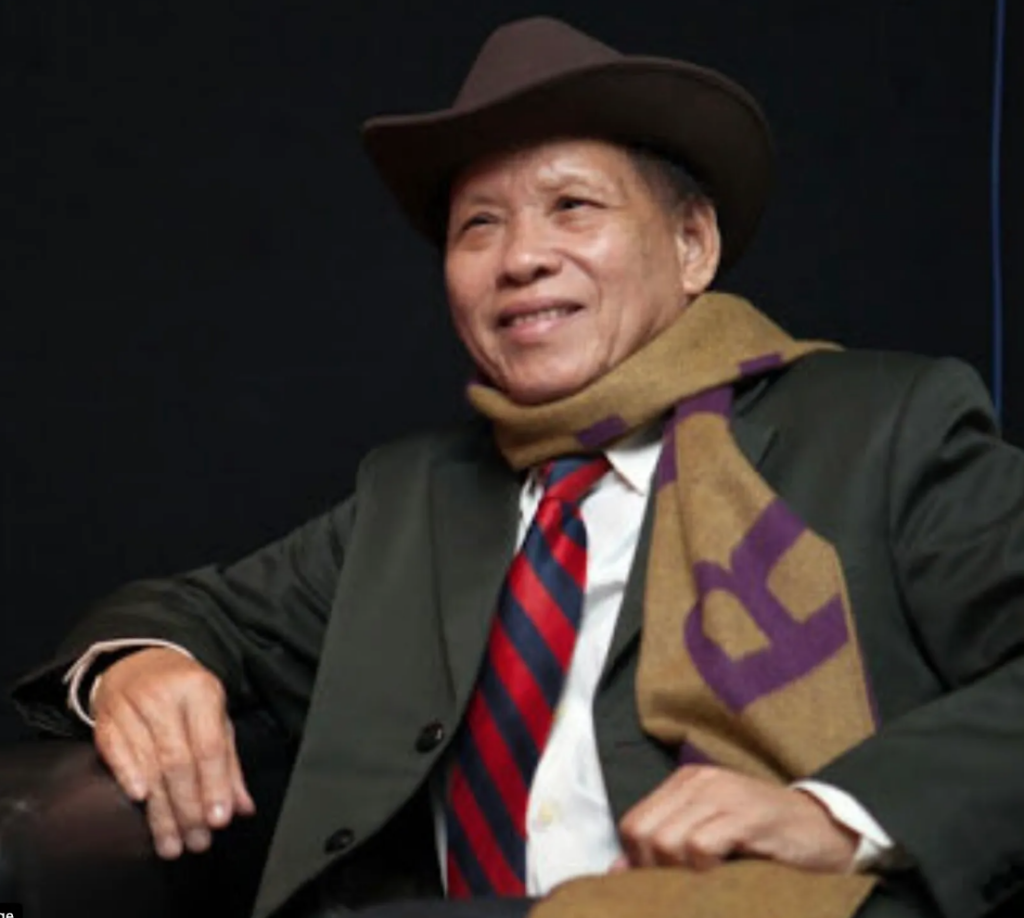
Ly Bun Yim was an ingenious and crafty filmmaker who directed over 20 movies, of which only a few survived the war. Some of his well-known surviving movies are ‘The Thunderbolt’ (1961), ‘The 12 Sisters’ (1968; Puthisen Neang Kongrey), ‘Ithik Sovann Chan Kesor’ (1969), ‘Khmer After Angkor’ (1972; Orn Euy Srey Orn), and ‘The Sea Horse’ (1975; Ses Samoth). These movies may be familiar through previous generations or from childhood entertainment.
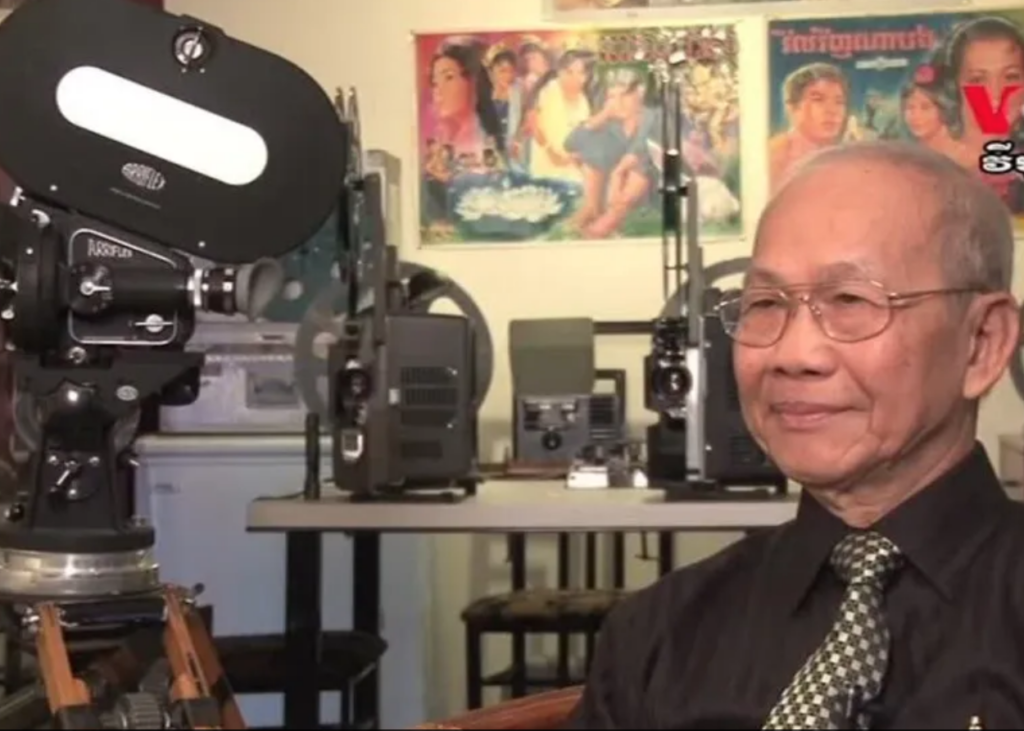
Koun Tea Lim was a master storyteller in early Cambodian cinema. He won a medal from the late King Norodom Sihanouk at the Film Festival in Kep City for his outstanding work. His films were popular in Asia, especially his signature film ‘Pous Keng Kang’ (1972; The Snake Man). His other films include ‘Achey Hal Sruv’ (1969), ‘Achey Neang Krod’ (1968), ‘Peov Chouk Sor’ (1967), and ‘Vil Vinh Na Bong’ (1966).
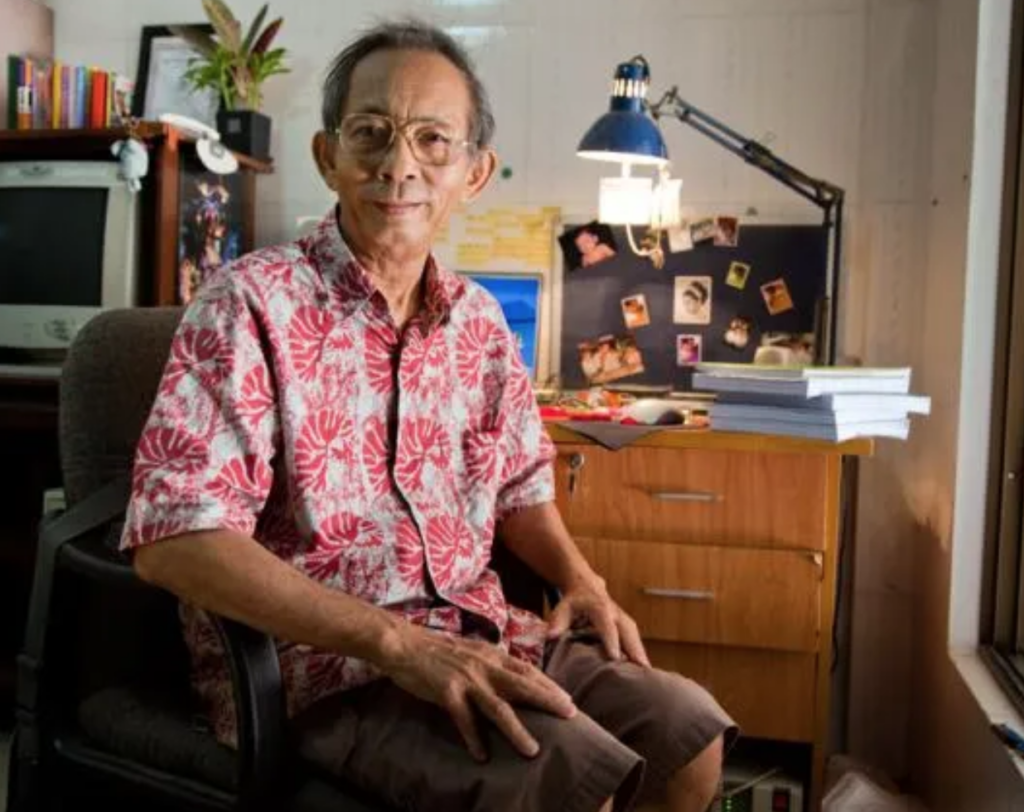
Yvon Hem was the most skilled and well-trained filmmaker of his era. His popular films were ‘Cheth Mday’ (Mother’s Heart), ‘Neang Svan Panhcha’ (Lady Sovan Panhcha), ‘Abul Kesém, Ynav Bosséba and Sovanahong’. These films survived the Khmer Rouge and were available on VCD in Phnom Penh after the war. He also made another movie in 1987 called ‘Sror Morl Anthakal’ (Shadow of Darkness) with his talent.
Uong Citta (Kanthouk) was a filmmaker who focused on the character’s development. She was one of the few female film directors who made films for her love of cinema in Cambodia, unlike most of her peers who were driven by profit. She made six successful films that were popular at the time, but only three survived the Khmer Rouge. Her films were ‘Preah Vessandor’ (1964), ‘Neuk Keugn Chea Nich’ (1966), ‘Sen Thearun’ (1967), ‘Thavary Meas Bong’ (1969), ‘Muoy Meun Alay’ (1970) and ‘Pel Del Trov Youm’ (1972).
